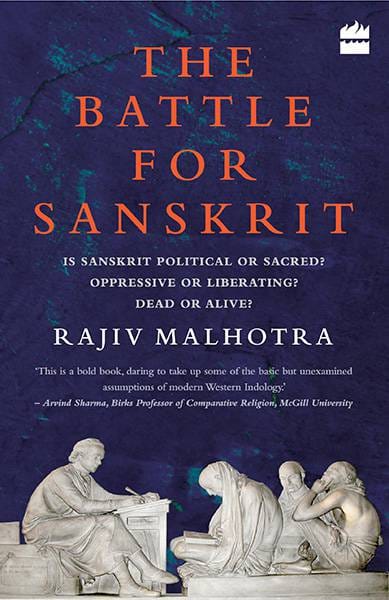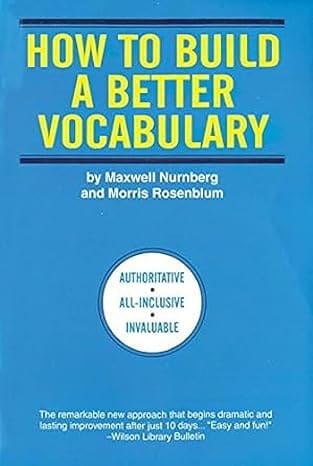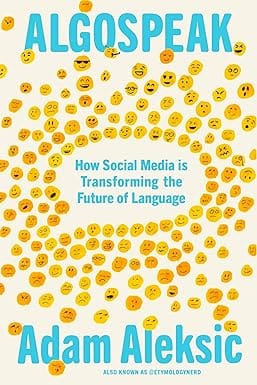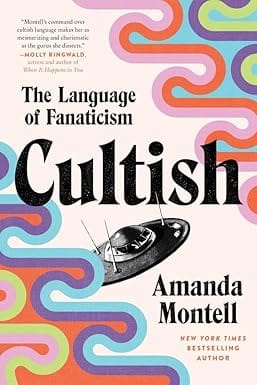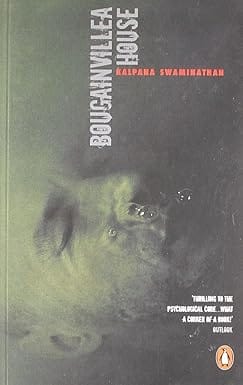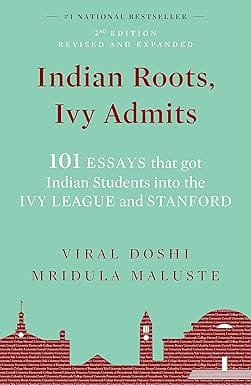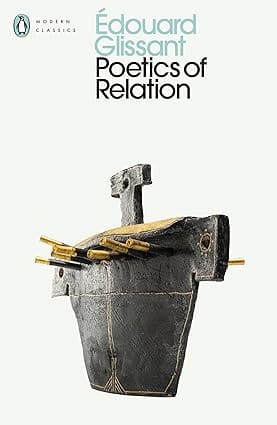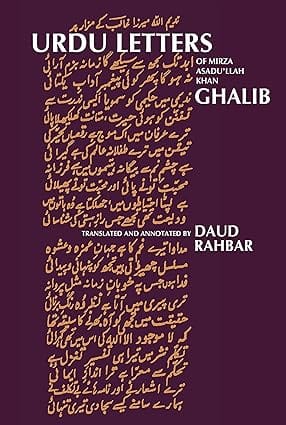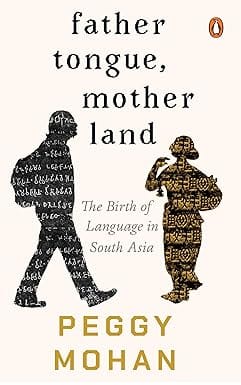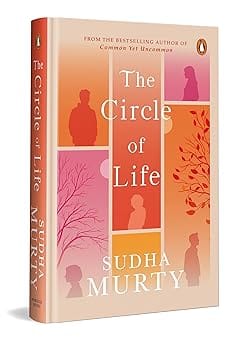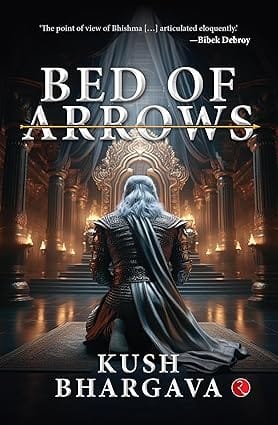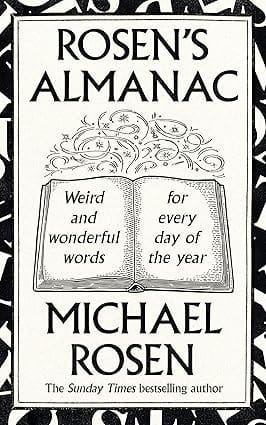-
Non-ficton
- Non-ficton
-
Contemporary Fiction
- Contemporary Fiction
-
Children
- Children
-
Comics & Graphic Novels
- Comics & Graphic Novels
-
Non-Fiction
- Non-Fiction
-
Fiction
- Fiction
There is a new awakening in India that is challenging the ongoing Westernization of the discourse about India. Battle for Sanskrit seeks to alert traditional scholars of Sanskrit and sanskriti - Indian civilization - concerning an important school of thought that has its base in the US and that has started to dominate the discourse on the cultural social and political aspects of India. The scholars of this field hold that many Sanskrit texts are socially oppressive and serve as political weapons in the hands of the ruling elite; that the sacred aspects need to be refuted; and that Sanskrit has long been dead. The traditional Indian experts would outright reject or at least question these positions. Is each view exclusive of the other or can there be a bridge between them?
9789352641819- Home
- Language Linguistics & Writings
- Battle for Sanskrit: Is Sanskrit Political or Sacred? Oppressive orLiberating? Dead or Alive?
Battle for Sanskrit: Is Sanskrit Political or Sacred? Oppressive orLiberating? Dead or Alive?
SIZE GUIDE
- ISBN: 9789352641819
- Author: Malhotra Rajiv
- Publisher: HarperCollins
- Pages: 488
- Format: Paperback
Book Description
There is a new awakening in India that is challenging the ongoing Westernization of the discourse about India. Battle for Sanskrit seeks to alert traditional scholars of Sanskrit and sanskriti - Indian civilization - concerning an important school of thought that has its base in the US and that has started to dominate the discourse on the cultural social and political aspects of India. The scholars of this field hold that many Sanskrit texts are socially oppressive and serve as political weapons in the hands of the ruling elite; that the sacred aspects need to be refuted; and that Sanskrit has long been dead. The traditional Indian experts would outright reject or at least question these positions. Is each view exclusive of the other or can there be a bridge between them?
Related Books
User reviews
NEWSLETTER
Subscribe to get Email Updates!
Thanks for subscribing.
Your response has been recorded.

India's Iconic & Independent Book Store offering a vast selection of books across a variety of genres Since 1978.
"We Believe In The Power of Books" Our mission is to make books accessible to everyone, and to cultivate a culture of reading and learning. We strive to provide a wide range of books, from classic literature, sci-fi and fantasy, to graphic novels, biographies and self-help books, so that everyone can find something to read.
Whether you’re looking for your next great read, a gift for someone special, or just browsing, Midland is here to make your book-buying experience easy and enjoyable.
We are shipping pan India and across the world.
For Bulk Order / Corporate Gifting
 +91 9818282497 |
+91 9818282497 |  [email protected]
[email protected]
Click To Know More
INFORMATION
POLICIES
ACCOUNT
QUICK LINKS
ADDRESS
Shop No.20, Aurobindo Palace Market, Near Church, New Delhi

